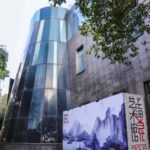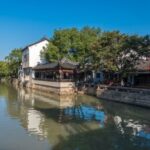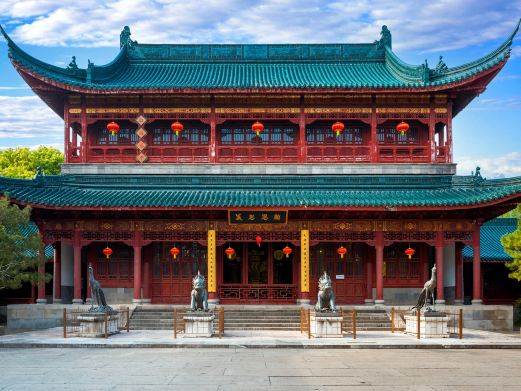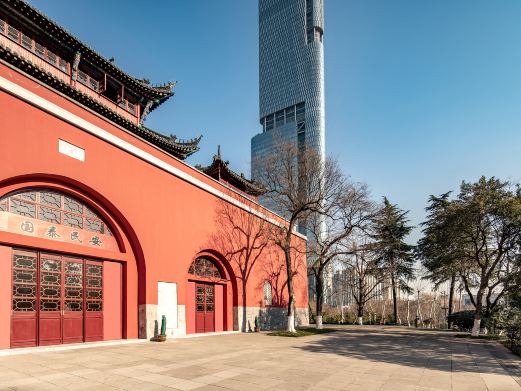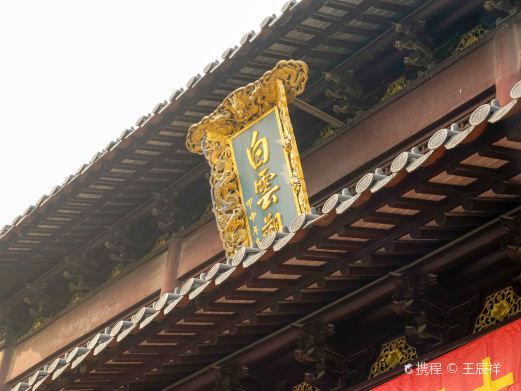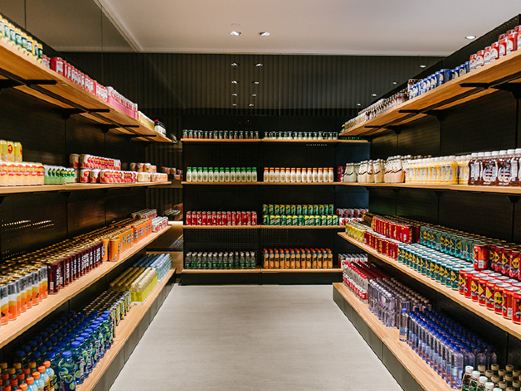The Xuzhou Han Dynasty Stone Carving Art Museum is situated on the eastern bank of Yunlong Lake, divided into two sections: the South Pavilion and the North Pavilion. The South Pavilion, a modern and newly constructed gallery, is located near the lower station of the Yunlong Mountain cableway. In contrast, the North Pavilion, the older section, features an architectural style reminiscent of the Tang and Song dynasties. Han Dynasty stone carvings, which are found on the walls of underground tombs, cemetery temples, tomb towers, and temple towers, are on display in both the South and North Pavilions. Hundreds of such carvings are exhibited, showcasing a variety of themes including mythology, historical stories, and everyday life, catering to the interests of cultural enthusiasts.
The North Pavilion (Old Pavilion) primarily displays Han Dynasty stone carvings from the late Qing Dynasty to 1989. These carvings are embedded in the long corridors and seven exhibition rooms. Notable exhibits include the Yan and Huang Emperors’ Ascension to Immortality in the first room, the earliest discovered depiction of the Queen Mother of the West in the second room, a textile illustration in the third room, a welcoming banquet scene in the fourth room, the Si River Cauldron Recovery scene in the fifth room, and the Ox Plowing scene in the seventh room, which has appeared in historical textbooks, all of which are must-see masterpieces.

The South Pavilion (New Pavilion) showcases new collections of Han Dynasty stone carvings post-1900, divided into six major parts. ‘Divine Path and Heavenly Road’ displays stone carvings from the sides of tomb pathways, ‘Heavenly Respect and Ancestral Veneration’ features temple carvings, ‘Divine Craftsmanship and Artistic Charm’ highlights artistic and creatively composed stone carvings, ‘Han Stone Annals’ reflects various aspects of Han Dynasty social life, ‘Eternal Underground Palace’ exhibits cemetery carvings, and ‘Inscriptions and Inscriptions’ display Han Dynasty inscribed stone tablets unearthed in Xuzhou.

If you are interested in Han Dynasty stone carvings, you can purchase rubbings of these carvings from the Han Painting Store in the museum as a keepsake. The rubbings are relatively expensive, starting at two to three hundred yuan. The museum is open year-round from Tuesday to Sunday, 09:00-17:00; closed all day on Mondays; and open on New Year’s Day, Spring Festival, Qingming Festival, Labor Day, Dragon Boat Festival, Mid-Autumn Festival, and National Day, 09:00-17:00.

Service facilities: A map of the museum area can be found at: http://hhxs.xz.gov.cn/hhxs/fwzn/20120604/007002_ead5af11-9b59-45b0-b470-6f2ceddbc2b9.htm
Xuzhou Han Dynasty Stone Carving Art Museum
The Xuzhou Han Dynasty Stone Carving Art Museum is situated on the eastern bank of Yunlong Lake, div[...]


